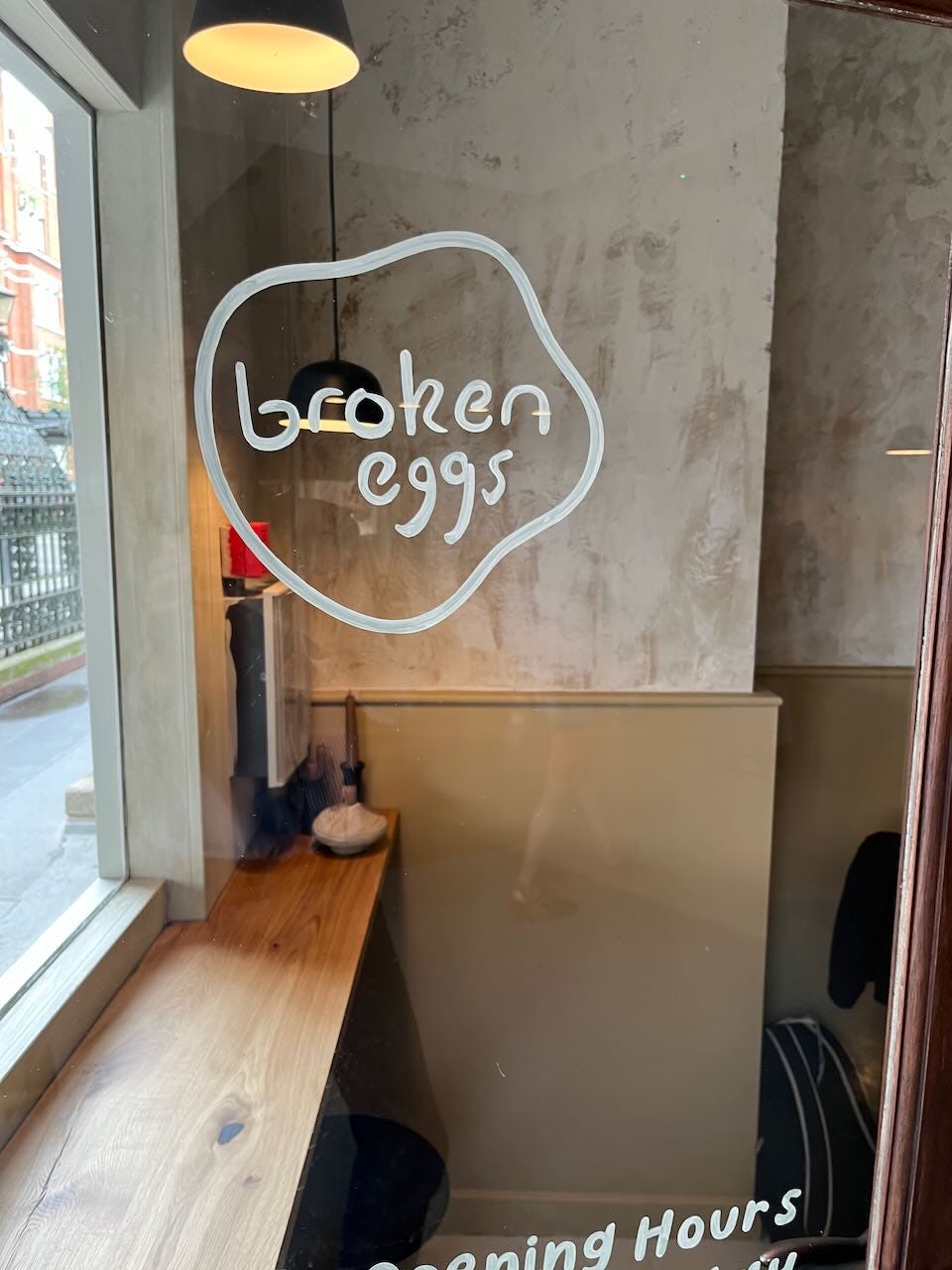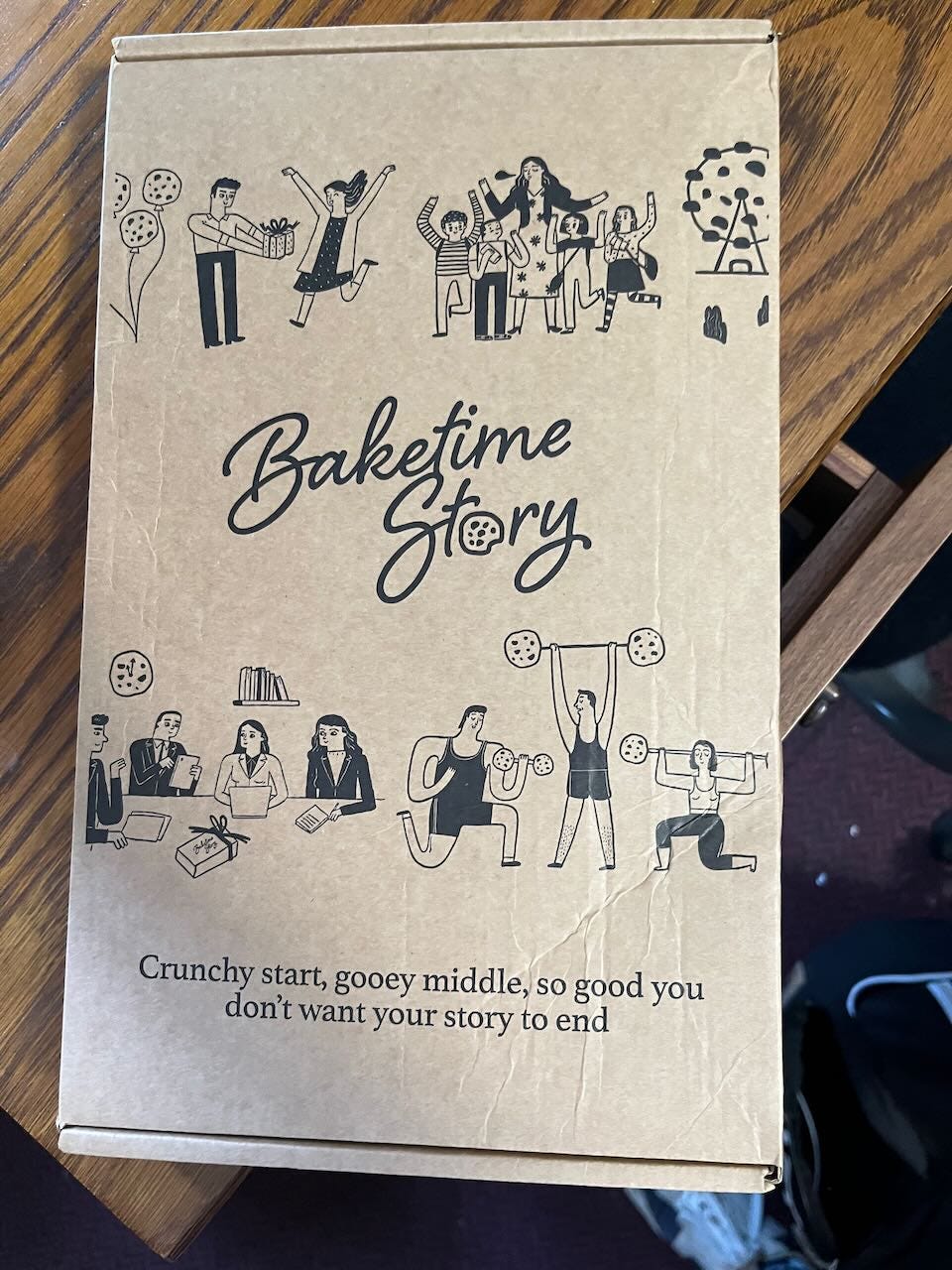Lady Phyll is a British political activist who advocates for racial, gender, and LGBTQ+ equality. She is a co-founder of UK Black Pride, a black gay pride event in London that seeks to celebrate minority ethnic queer and LGBTQ+ people attracting 8,000 people annually. Lady Phyll is also executive director of Kaleidoscope Trust, a non-profit organisation that campaigns for the human rights of LGBTQ+ people around the world, and an Official Charity Partner for World Pride.
On May 24th 2023, Lady Phyll visited Worcester College for a talk with the Provost of Worcester College, David Isaac CBE, discussing her work in promoting human rights and her experience of growing up as a Black gay woman in 1980s England. Cherwell was able to obtain an exclusive interview with Lady Phyll following this talk, she tells us about her work and what she thinks of the future of Black and LGBTQ+ issues.
Lady Phyll’s arguably most notable work is the creation of UK Black Pride, I ask her what led her to create the event. Lady Phyll tells me, “Black Pride as, I always talk about it, was created, was born out of, a frustration, where we didn’t see ourselves in mainstream LGBTQ+ activities. And we had two coaches loaded of Black queer people, especially women, going into Southend, and we realised that we don’t have a space of our own. We don’t have somewhere where we can feel liberated, empowered. And, you know, in 2004, we decided that there was going to be a space that we could call our own, and going forward in 2005 it was born, and it felt so good to have a Black Pride in the UK. Even when people told me there would never ever be a Black Pride in this country.” As someone who spent much of her secondary school education in Southend, I share with Phyll my experience attending Southend High School for Girls and despite the school’s seemingly welcoming attitude to the LGBTQ+ community, their treatment of Black students was bad enough that I left the school after GCSEs and have not returned to the Southend area since. Lady Phyll seems not to have had better luck in the area as she explains “When we went to Southend in 2004, we had the National Front stand on the side lines telling us to go home. But in 2005, we were too big. And they were a bit nervous, because when you’re more in numbers, nobody can tell you anything.” From Lady Phyll’s word, it is clear the ever-present threat of racial bias and attack still looms for Black communities in England, despite the National Front and other fascist groups from the late 90s and early 2000s are no longer as prevalent, there continues to be resistance to the assembling of people of colour, and in particular, queer people of colour.
I ask Lady Phyll what the most pressing issues that affect the minority ethnic queer and trans community here in the UK are. She tells me, “I would say, housing, I would say, job stability and security, especially post-COVID. I would say, poverty, you know, we are struggling. The rate of inflation is sky high. You know, young people can’t afford to buy. They’re often renting, and landlords are extortionate with their rents that are so high. And it’s hard, because if we’re talking about young, queer asylum seekers and refugees, their ability to be safe, and heal from the trauma of coming from one country that’s harmed them, to another country where they’re going to have to deal with racism.”
With young queer and trans people facing a housing crisis and a rising cost of living crisis, how does the government’s blocking of the Gender Recognition Act in Scotland create devastating effects for trans and queer people in the UK? Lady Phyll’s answer is firm, “Well, the bottom line is that it is exclusionary. I think that what we’re seeing now is this war against trans and non-binary people, you cannot have any form of legislation that sets out to support lesbian, gay, and bisexual people, and exclude trans people. I mean, do we not want people to not just survive, but thrive?
“I think this comes from the stuff all around the conversion therapy. I think this government has a lot to pay forward in terms of how they’re treating trans non-binary people. The vitriol, the hate, the nasty propaganda is giving rise to so many people being able to hate on trans people. And that’s where you’ll have others lobbying their own MPs, whether it is in Scotland or whether it’s here in London, to prevent possible positive successes for trans people. People fear what they don’t know. And we’ve got to start getting out of this habit of debating trans lives and just letting them live.”
Lady Phyll’s clear support for trans rights rings clear in her words, how does she respond to those so-called ‘TERFs’, Trans Exclusionary Radical Feminists, who claim that they’re speaking for women everywhere? Lady Phyll is assertive: “They don’t speak in my name. I’m a Black lesbian feminist woman, who is absolutely in support and stands in solidarity with my trans siblings. And if we can all start standing in support with our trans siblings and non-binary siblings we will be better able to turn up the volume on society and make it difficult for them to turn it down on us.”
The TERF movement has faced a lot of criticism from Black queer and trans communities which claim that it is a characteristic of white feminism, a term coined to describe the exclusionary way in which modern-day feminism oftentimes centres itself on the experiences of white women. To queer and trans communities of colour, like Kenny Ethan Jones, it is poignant that in the height of the Black Lives Matter movement, transphobia has risen amongst white women. I ask Lady Phyll if she would agree with this characterisation of TERFs? She tells me, “Yes. Because if the issue was Black, feminist women screaming out or shouting out about trans people, no one will be bothered. Because people don’t often care about Black people and what they have to say. Many of the people who are absolutely vehemently opposed to trans people and talking about toilets, they happen to be white women who are also privileged and in positions of power. And they’re listened to. And I think that there’s something around this white fragility and white tears and white noises coming out. But I don’t want to just generalise because I think some people are also a little bit ignorant, because they don’t know what it means. They don’t know that gender neutral toilets are not going to harm you. They’re just going with the propaganda that’s out there. I don’t even want to call them TERFs. Because radical feminists are women like bell hooks, Audrey Lorde, Kimberly Crenshaw, Patricia Brown, Assata Shakur… TERFs are not radical feminists, I think that they are about this anti gender movement that is just harmful. I don’t even want to give them a platform or a name. Because once you give something a name you give it power. And that’s what we’ve done with some of these people that are speaking out against our siblings.”
In a world where white feminism seemingly dictates resistance movements, how does the Black identity influence the experience of being a queer person in the face of white fragility and weaponised white tears? Lady Phyll answers, “It’s hard. While I laugh and joke a lot, I am faced with the lens of whiteness all the time. And when our narrative has been shaped for us, we have to do something, to shape it for ourselves. Hence why UK Black Pride exists. Because we cannot have people telling our stories in a way that’s not reflective of who we are. So we have to create platforms, podcasts, etc to have conversations like this, so that you are writing up the truth about our existence that can coexist with each other as being Black and being queer. There are no stories that a white person has written that is about being black and queer, because that’s not the lived experience. Their norm is prides that look like them and feel like them. So it’s never going to look at the intersections of us being Black or Brown or queer and being from working class backgrounds. So we have to tell our stories. We really do.”
Speaking of telling our own stories, 2020 saw a surge in support for Black Lives Matter following the death of George Floyd. Many Black people came out to tell their stories of racism and racial injustice, and this was met with supposed support from various organisations and governments across the world. But did that truly create long lasting changes? Lady Phyll tells me “There was some real performative action that took place, black squares, which meant nothing. People saying, ‘Oh, my gosh, Black Lives Matter, what’s happening is terrible’, but then it died down. However, at the same time, there are young people who have still taken this forward. And everyone knows that Black Lives Matter was not a moment, it is a movement. It’s just that when there’s not funding and resources behind something, it’s so hard to keep it up or to sustain that level of activity. So yes, we’ve got now spring up groups that are doing things that support the work around Black Lives Matter, but it’s not coordinated. And what I think was missing was a strategy of what do we do now? And what does a tangible outcome look like? Or some output? What does that all mean for us? Because you can protest, and you can take to the streets, and of course, we have a right to be angry, but what happens after that? If you have no strategy, it’s going to fall by the wayside. Are you going to lobby someone? Are you going to lobby government? Are you going to create a safe haven or have some education tools? There has to be strategy behind everything we do.
“If you ask me why UK Black Pride had lasted so long, because it’s very clear in what it’s mission is and what it’s vision is. And it’s clear about what it sets out to do on a yearly basis, but even on a quarterly basis. And that’s what I want to see for Black Lives Matter.”
In 2014 Lady Phyll was quotes in Gay Star News saying that pride in London has a long way to go. I ask her if the fake outrage and lack of lasting change against racism was the reason she said this. Lady Phyll answers “They’ve treated UK Black Pride badly. And, of course, I want to celebrate all prides. But when we’ve had stories of people who have been bullied, who felt victimised, who have felt racism in pride in London, it can’t be a pride for us. That’s not the pride that we want to see. So, yeah, they have a long way to go. And I think also pride in London needs to apologise to UK Black Pride and learn from us. If they want an intersectional pride. Learn from those who are doing it. Don’t just think that we’re in competition with you. Because us as black people, we don’t need to compete with you. We’re already amazing.”
Following the recent protests in Oxford against so-called ‘Gender Critical’ philosopher Kathleen Stock, and the hurt and discomfort that the Oxford trans and queer community currently feel, the Black trans community feeling much of the weight of this as statistics support the fact that Black trans people face some of the highest rates of violence and poverty in the LGBTQ+ community. I ask Lady Phyll what her advice is to the minority ethnic trans and queer students of Oxford is. Her answer is firm and loving, “That I see you. And I really want you to see yourself. We don’t get anywhere by just being complacent or hoping that change will come for us by somebody else doing it. Let’s get active. Let’s mobilise, let’s galvanise, let’s do stuff together, collectively. But also touch base with one another because we go through a lot. And sometimes we don’t talk about our traumas unless somebody wants to wheel us out for Black History Month, and they want to hear how hard it is to experience racism. Be there for one another, and just work with one another. When you’re down, you can hold her up when you’re down, you can hold her up. And that’s what we need, more people who look after us and stand strong together, stand steadfast with each other. Connect.
“I hope that one day, we really understand that our collective strength is when we come together. We’re not looking for revenge from those that harm us as Black people. We’re just looking for reparations, we’re looking for an apology. But you see, those who don’t want to us in spaces of power is because they fear that we’re looking for revenge, and that we’re going to do exactly the same thing when we come together in big spaces, and take from them what they’ve taken from us. This isn’t about revenge. It’s about an acknowledgement of your privilege. Acknowledge what harms you have done to people, what your forefathers done to people and let’s keep it moving. Respects us, because we deserve to occupy spaces and places.”



























